Dr Choe in Dept of Events and Leisure is co-organising a
Nexus of Migration and Tourism: Creating Social Sustainability Symposium at Vietnam National University, Hanoi Vietnam (20-21 September). BU Prof Adele Ladkin will give a keynote presentation among 4 other world renowned scholars. Please see more information here:
https://tourism-migration.co.uk/
The registration is open, and we are delighted to have received diverse and interesting papers from over 17 countries and various disciplines. Please join us for a set of international papers, 5 amazing keynote speakers, networking opportunities and publication possibilities!
We are also very pleased to announce that we will organize two special issues:
-‘Migration and Tourism: Creating Social Sustainability’ in the Journal – Tourism Geographies (http://www.tgjournal.com/). Please send your paper to Dr Choe via email (jchoe@bournemouth.ac.uk) by the 15th of December. The paper should be related directly to the theme of the symposium, and must follow the journal’s submission guidelines: http://www.tgjournal.com/notes-for-authors.html
-‘Tourism and Sustainable Development’ in the Journal e-Review of Tourism Research (https://ertr.tamu.edu/). Please send your manuscript to Dr Choe via email by the 15th of December. Paper format guidelines are available at https://ertr.tamu.edu/paper-submission/
We are absolutely excited and grateful to confirm the keynote speakers and their presentation titles:
Prof Michael Hitchcock, Goldsmiths, University of London
‘Tourist and Resident Relations: A Comparison of Hong Kong and Macau’
Prof Adele Ladkin, Bournemouth University, UK
‘Family Ritual 2.0: When Work Take Us Away from Home’
Prof Alan Lew, Northern Arizona University, USA
‘Diaspora Migration and Social Sustainability: A Tourism and Resilience Perspective’
Prof Sabine Marschall, University of KwaZulu-Natal, South Africa’
‘But Is It Tourism?’ Social Sustainability and the Blurred Boundaries between Travel, Tourism and Migration’
Prof Noel Salazar, KU Leuven, Belgium
‘Migration and Tourism Mobilities: Time to Bring Sustainability into the Debate’
Symposium Aims
Despite rapid tourism economic development, and research into labour and employment such as economics and employment issues, research hasn’t caught up to the rapidly changing issues, such as tourism linked migration and social and cultural aspects of sustainability. Thus, we invite you to discuss, reflect and develop upon issues pertaining to sustainability and the nexus of migration and tourism. We are particularly interested in the complexities of trends, issues, challenges and opportunities around migration linked tourism, which remains a relatively minor part in academic research. While large numbers of migrant workers move to ‘new’ tourist destinations such as Singapore, Hong Kong, Macau and Dubai for employment, issues pertaining to social sustainability (e.g., well-being, quality of life, integration, the distribution of power and resources, employment, education, the provision of basic infrastructure and services, freedom, justice, access to influential decision-making) have yet to be fully developed within tourism research.
We invite contributions from a variety of disciplines including anthropology, cultural/human geography, sociology, psychology, cultural studies, economics, border studies, leisure studies, tourism studies and hospitality/event management. We invite you to submit papers on topics that include (but are not limited to):
– (Re)definitions of sustainability
– Equitable access and the sustainability of the community
– Creating socially sustainable communities
– Migrant quality of life/ community well-being in tourist destinations
– Migrant tourism workers’ integration & inclusion
– Migration and tourist community formation
– Conflicts between/intersection of tourists, local residents and migrant workers
– Tourism (im)mobilities, ethics, morals and (in)justice
– Tourism mobilities and border crossings
– Human security, transnationalization and citizenship
– Social networks, borders and the allure of tourist destinations
– Gender and mobility in tourism
– Intersectionality, gender and race
– Roles of religion in tourism migration and mobilities
– Religious and spiritual mobilities and tourism
– Migrant leisure spaces, constraints and opportunities
– Academic mobilities / Mobilities in education
– Social sustainability in ASEAN tourism development
– Social sustainability and future directions
– Destinations resilience
– Effect of Brexit and Trump on tourism and migration
While we have closed the public abstract submissions process, we have room for a small number of quality papers, if fitting to the symposium aims. If you are interested, email Dr. Jaeyeon Choe (jchoe@bournemouth.ac.uk).
Thank you!

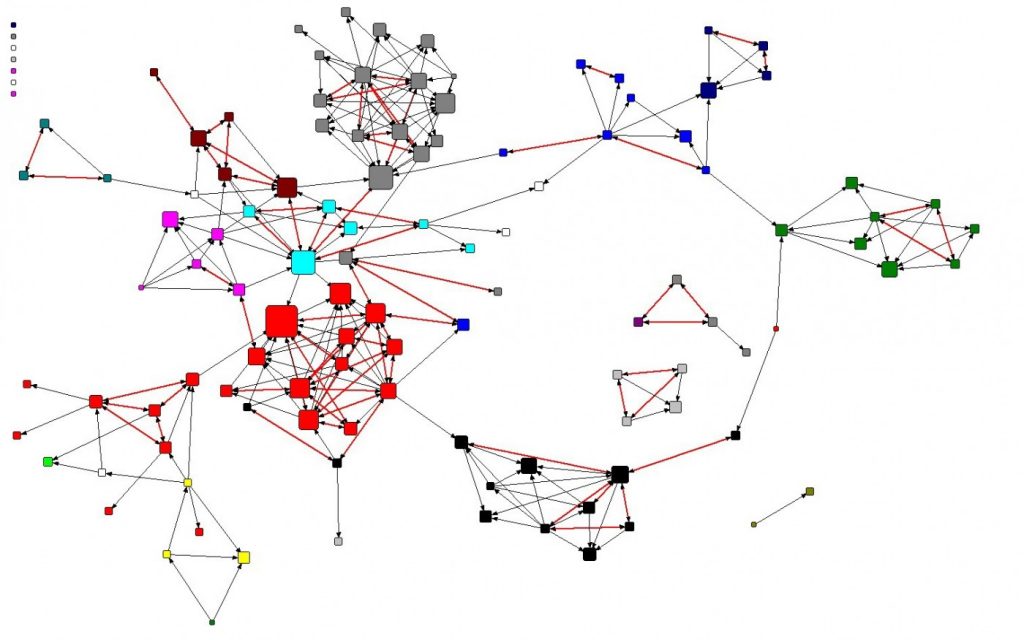 The chart shows the organisation with the squares representing individuals in different subject areas.
The chart shows the organisation with the squares representing individuals in different subject areas.
 Dr Holly Crossen-White has had a conference paper accepted for National Programmes Conference: Museums and Digital Memory Conference to be held at the British Museum in September. The paper will be presented with Dr Trudie Cole, Head of Access and Participation, The National Museum of the Royal Navy. Trudie and Holly have previously worked on several research projects related to the use of digital archives and this gives them opportunity to apply their findings within the context of collections held by the National Museum of the Royal Navy. Holly’s research interest in digital archives arose through her PhD which explored the hidden history of illicit drug taking during the early twentieth century. Holly has published on the ethical issues of undertaking research using digital archives and has been awarded Faculty Seedcorn Funding with her colleague Dr. Angela Turner-Wilson for some of this research work.
Dr Holly Crossen-White has had a conference paper accepted for National Programmes Conference: Museums and Digital Memory Conference to be held at the British Museum in September. The paper will be presented with Dr Trudie Cole, Head of Access and Participation, The National Museum of the Royal Navy. Trudie and Holly have previously worked on several research projects related to the use of digital archives and this gives them opportunity to apply their findings within the context of collections held by the National Museum of the Royal Navy. Holly’s research interest in digital archives arose through her PhD which explored the hidden history of illicit drug taking during the early twentieth century. Holly has published on the ethical issues of undertaking research using digital archives and has been awarded Faculty Seedcorn Funding with her colleague Dr. Angela Turner-Wilson for some of this research work.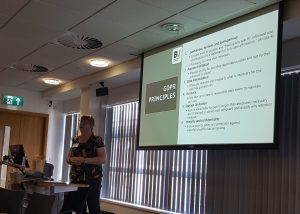


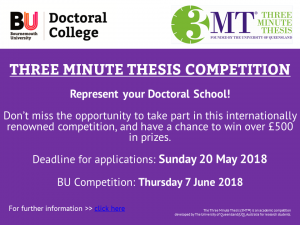

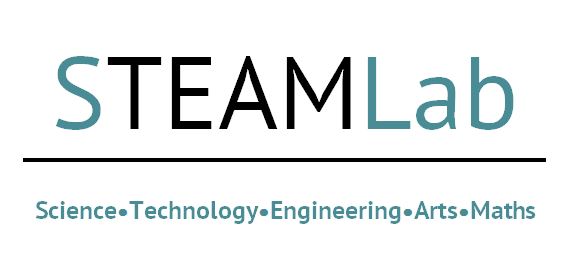



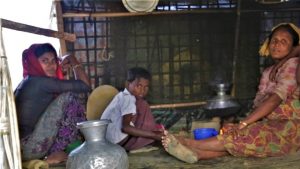
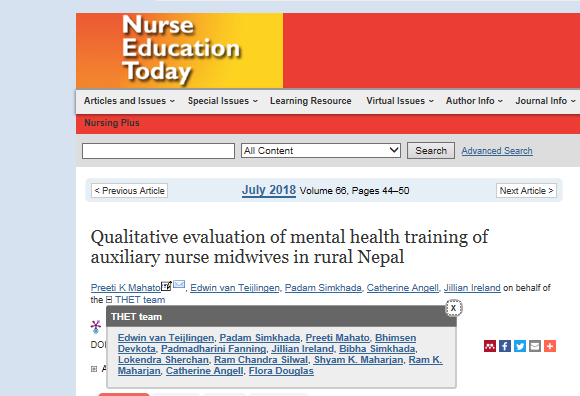
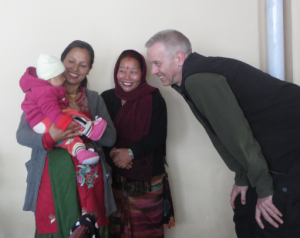
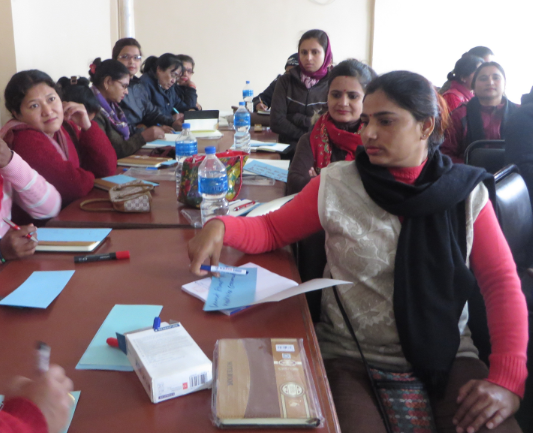
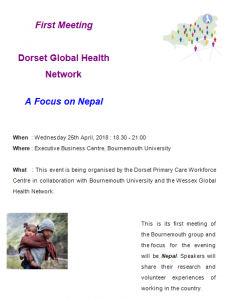
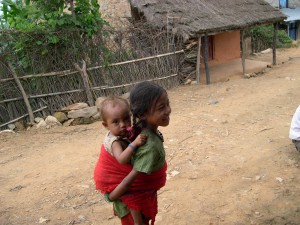
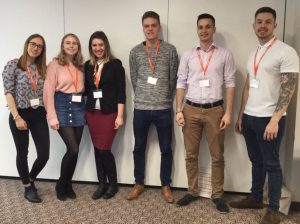
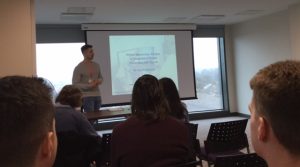
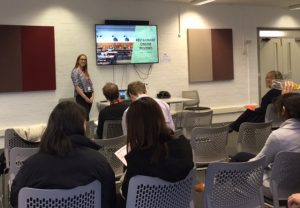











 Upcoming opportunities for PGRs – collaborate externally
Upcoming opportunities for PGRs – collaborate externally BU involved in new MRF dissemination grant
BU involved in new MRF dissemination grant New COVID-19 publication
New COVID-19 publication MSCA Postdoctoral Fellowships 2024
MSCA Postdoctoral Fellowships 2024 Horizon Europe News – December 2023
Horizon Europe News – December 2023